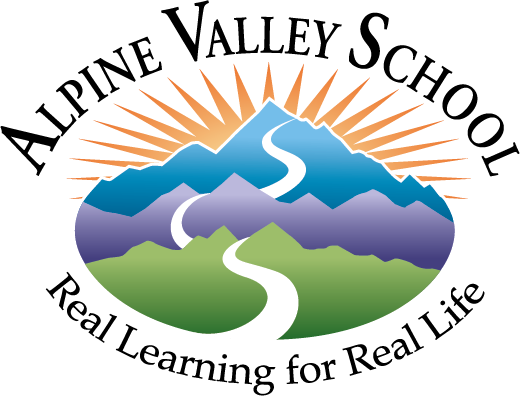Years of Doing
I’ve wondered for a long time why the benefits of a Sudbury education—young adults willing and able to learn, tackle hard tasks, show compassion, and be helpful, for example—aren’t as obvious to some as they are to me.
Just the other day, I was watching a video about someone engaged in highly skilled work. He concluded that it “takes years of doing” to get to the point where he can perform this complicated task with seeming effortlessness. This led me to wonder if there might be a connection to what I’ve seen in more than twenty years in this school community, where students dive into all kinds of “doing” and then emerge as competent young adults.
Much like the skilled person in the video, these young doers make halting attempts and mistakes; they experience small victories and deep frustration. These are all part of aspects and stages of a life of “doing,” which in a mixed-age community looks like this:
Bewilderment at the job of leading JC or School Meeting
Being surrounded by people more or less capable than you
Conversations with others who know more than you
Helping out those who need help
Bumps and bruises (both physical and emotional)
Delays while getting materials and certifications
Brief and/or long-term boredom
Successful, neutral, and failed attempts at interpersonal communication
Leadership and skillful following
Managing the ebb and flow of one’s attentiveness.
Interfacing with authority figures
Having varying degrees of influence.
Running across new information that leads you down a rabbit hole
Doing civic duties
Making the same relationship mistakes over and over and over.
The list could go on for pages, but I trust you see the pattern. These small trials and tribulations, the ups and downs, and the minute actions of daily life all lead to young adults uniquely prepared for adulthood in an ever-changing world. Through years of “doing” life, with all that entails, our students prepare themselves for adulthood. When they are young, they are not even aware of it, but as they get older they start to understand the magnitude of the task and often find it daunting. Interestingly, their experiences in childhood and early adolescence have prepared them for that daunting moment just as it is preparing them for an adulthood that’s just over the horizon.
How do we support them?
Mostly through leaving them alone.
This is counterintuitive to the mainstream modus operandi that permits and encourages experts (in other words, all adults in relation to children) to manage the experiences of others for those others’ own good, and where helicopter parents continually hover about their children as if they will not grow without constant supervision, comment, evaluation, and documentation.
To leave someone alone doesn’t mean you have no interactions, as if to leave them in a box. What I mean is, rather, that you leave people to engage in and with the world as autonomous individuals. Be there for them when they need you. Know that they are developing as they should. Finally—and most importantly—trust them with their lives. Check out the stories of many alumni who have lived the process through books, blogs, and videos available on the Alpine Valley School website and that of the Sudbury Valley School bookstore.
The thoughts of Larry Welshon. Parent of two graduates and a staff member at Alpine Valley School.

